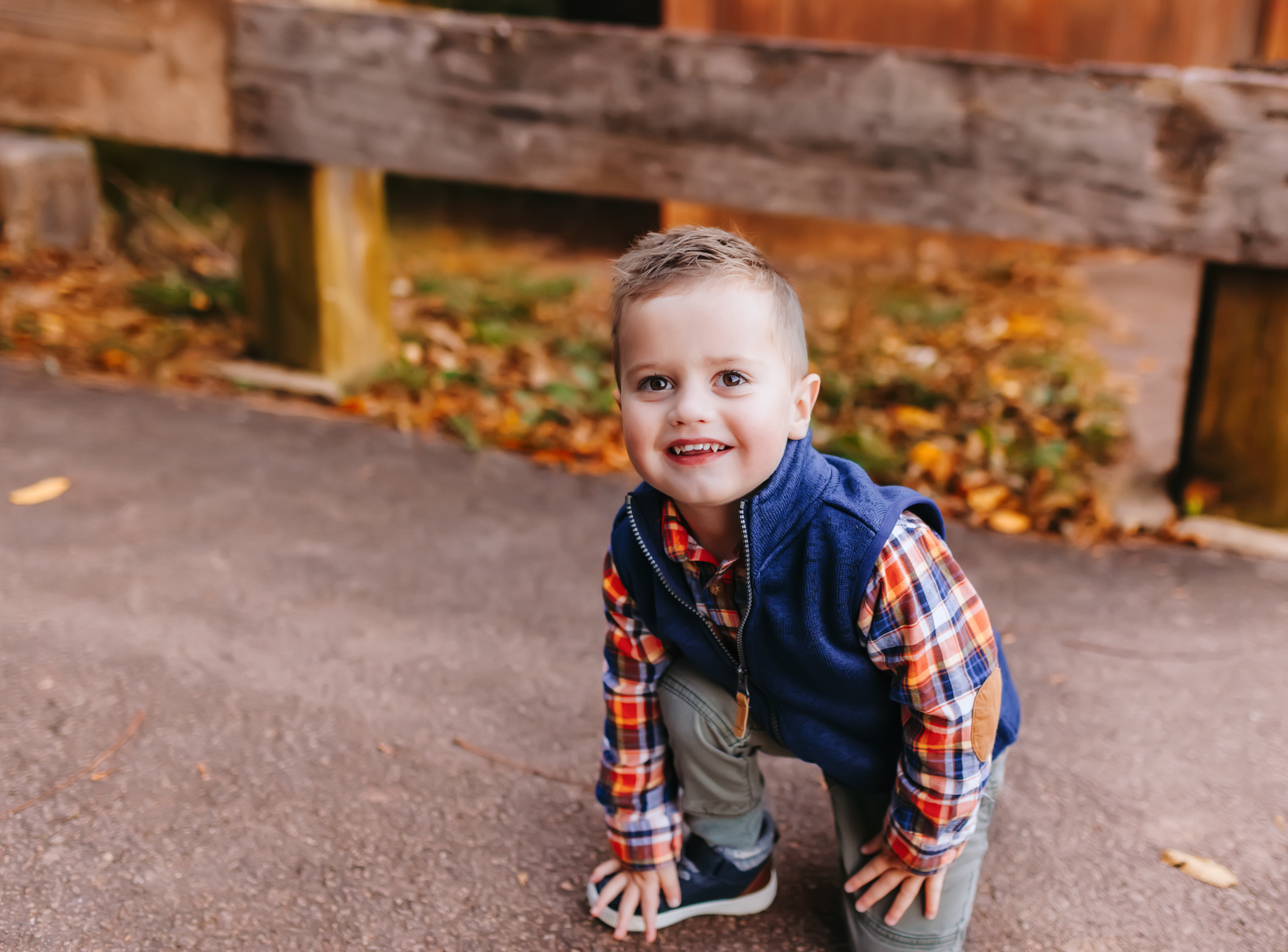May 12, 2025
Use the Upstairs Brain: Nurturing Empathy and Problem-Solving in Children
Sometimes it feels like our kids are being completely unreasonable—and the truth is, they might be. Not because they’re trying to be difficult, but because the rational, logical part of their brain—the “upstairs brain”—may be offline.
The Whole Brain Parenting strategy “Use the Upstairs Brain” reminds us that children don’t just need support during tough moments—they need scaffolding to develop their ability to think things through, practice empathy, and regulate emotions. And as parents, we have the incredible opportunity to help them build that internal staircase.
What Is the Upstairs Brain?
Dr. Daniel Siegel and Dr. Tina Payne Bryson describe the brain as having two major levels:
- The downstairs brain, responsible for survival, instinct, and strong emotions like fear, anger, and impulsivity.
- The upstairs brain, which handles complex thinking, problem-solving, empathy, self-control, and morality.
In young children, the upstairs brain is still under construction—and even in older kids, it can go “offline” in moments of stress. That’s why a toddler throws a toy when upset or a ten-year-old slams their door over something small. Their upstairs brain isn’t leading the way.
But here’s the good news: we can teach them how to access it.
How Parents Can Help Kids Use Their Upstairs Brain
Helping kids develop and use their upstairs brain is less about control and more about coaching. It means guiding them back toward logic, problem-solving, and compassion—even if that starts with something as small as taking a breath.
Here are simple, practical ways to help your child activate their upstairs brain:
1. Ask Thoughtful Questions
Instead of telling them what to do, ask questions that encourage reflection:
- “What do you think we can do to fix this?”
- “How do you think your friend felt when that happened?”
- “What are some other ways we could handle this next time?”
These questions prompt your child to think critically and consider others’ feelings.
2. Offer Choices with Natural Consequences
Empower your child to make small decisions:
- “Would you like to finish your homework now or after dinner?”
- “You can wear your coat or carry it, but it’s cold out—what do you choose?”
This builds decision-making skills and helps connect actions to outcomes.
3. Problem-Solve Together
Rather than enforcing solutions, invite collaboration:
“Looks like we’re having a tough time with mornings lately. Want to help me come up with a plan that works better for both of us?”
This gives them a voice and models teamwork and compromise.
4. Use Play to Explore Empathy
Role-play, stories, or even stuffed animal conversations can help younger kids access upstairs brain concepts:
- “How do you think Bear felt when his block tower was knocked over?”
- “What would you say to help him feel better?”
Play makes these complex ideas feel safe and manageable.
5. Model How To Use The Upstairs Brain
When you’re upset, let your child see your upstairs brain in action:
“I’m feeling really frustrated, but I’m going to take a few deep breaths and think about what I need.”
This not only teaches self-regulation—it builds trust.
When the Upstairs Brain Goes Offline
Sometimes kids are simply too dysregulated to access this part of their brain. That’s okay. Your role in that moment isn’t to force logic—it’s to offer connection.
Start with co-regulation: calm presence, validation, and safety. Then, once they’ve returned to a place of calm, you can revisit the moment and walk them up the staircase toward reflection.
Why This Strategy Matters
Helping your child develop their upstairs brain gives them more than just good behavior. It gives them:
- The ability to pause before reacting
- Stronger relationships with others
- The capacity to solve problems creatively
- A sense of control and confidence in their own choices
- Compassion, both for themselves and for others
You’re not just shaping behavior—you’re shaping the brain itself.
Final Thoughts
“Use the Upstairs Brain” is a beautiful reminder that parenting isn’t just about managing the moment—it’s about nurturing the skills our children will use for a lifetime. The goal isn’t to have perfectly behaved kids—it’s to raise thoughtful, empathetic, and emotionally intelligent humans.
And when we walk beside them with intention and compassion, we’re building something far stronger than compliance—we’re building connection.
Want to read the rest of the series?
And if you’re new here, I’m Leah Parks—a neurodivergent mama and photographer passionate about supporting families just like yours. You can learn more about what I do at Nightingale and Willow Photography.
Related
Discover more from nightingaleandwillow.com
Subscribe to get the latest posts sent to your email.
Leave a Reply Cancel reply
photos by nightingale and willow LLC © 2025 | All rights reserved |
